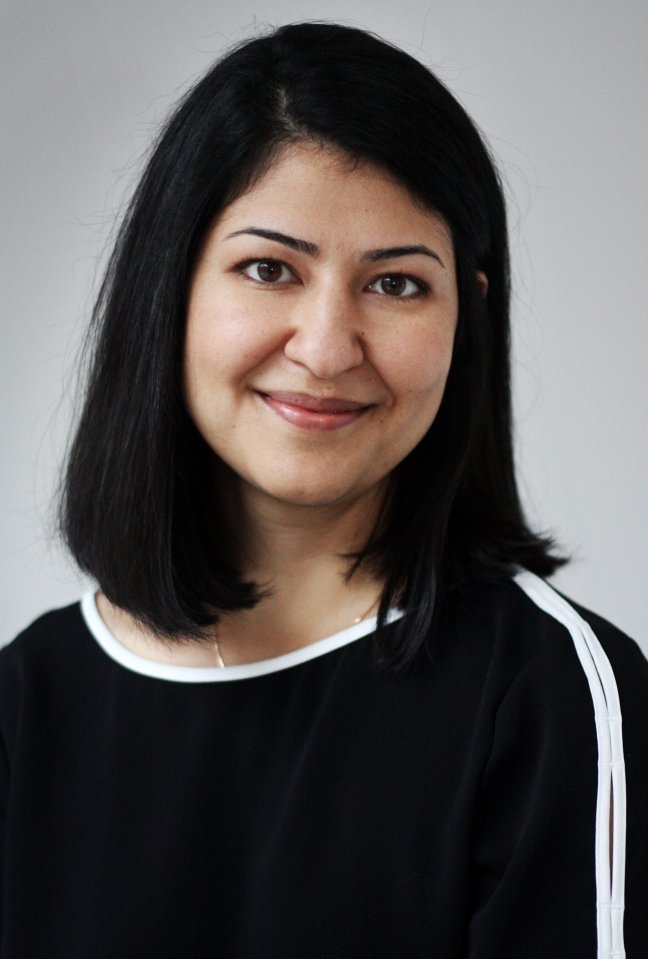Guest researcher
- Associate Professor in NLP
- Ph.D. computer science
- Master of Science in Engineering Mathematics
- Bachelor of Science in Mathematics
Nina Tahmasebi leads a large research program by RJ, Change is Key! that started in 2022 and spans six years. Within this program,
state-of-the-art computational methods to detect different aspects of semantic change and variation are developed, to facilitate and simplify research in the text-based humanities and social sciences, historical linguistics and lexicography. The program has two main aims, firstly to develop corpus-based methods for detecting semantic change (over time) and variation (across social groups and media types). Within the program, researchers from NLP collaborate with researchers from social sciences, gender studies, and literature to answer their research questions and to develop methods and research methodology for their specific needs. By identifying and handling changes in language automatically, a correct interpretation of our language is ensured and studies of our contemporary and historical societies are facilitated. There are about 15 participating researchers and one research engineer from six participating universities, IMS Stuttgart, Queen Mary University of London, University of Lund, Institute for Analytical Sociology (IAS) Linköping University, KU Leuven.
Nina also leads the project Towards Automatic Detection of Language Change (2019 - 2022) with Simon Hengchen, Dominik Schlechtweg, and Maria Koptjevskaja Tamm which has been running since 2019. Within the project, the first ever international workshop on computational methods for historical language change (LChange'19) and two follow-ups have been organized, several talks and given a few local workshops have been given in international venues including at the Alan Turing Institute. A large survey paper on Computational Approaches to Lexical Semantic Change has been published. Within the project, a large effort on evaluation has been made SemEval-2020: Task 1 on Unsupservised Lexical Semantic Change Detection.
Since 2023, Nina Tahmasebi is at the department of Philosophy, Linguistics and Theory of Science, FLoV at the University of Gothenburg.
Professional Duties
Keynote
Synergies conference, 2020 (May 2020, Odense)
Literary studies and DH
Synergies conference talk on YouTube
Workshop on Digital Literacy, 2020
Keynote
6th Estonian Digital Humanities Conference dhe2018
Chair local organizing committee
21st Nordic Conference on Computational Linguistics (NoDaLiDa 2017)
http://nodalida2017.se/
Programme committee
Digital Humanities in the Nordic Countries 2nd Conference (DHN2017)
http://dhn2017.eu/
Local organizing committee
14th Conference of the European Chapter of the Association for Computational Linguistics (EACL2014)
http://eacl2014.org/
Workshop chair
- 3rd International Workshop on Computational Approaches to Historical Language Change (LChange'22)
https://languagechange.org/events/2022-acl-lcworkshop/ - 2nd International Workshop on Computational Approaches to Historical Language Change (LChange'21)
https://languagechange.org/events/2021-acl-lcworkshop/ - 1st International Workshop on Computational Approaches to Historical Language Change
https://languagechange.org/events/2019-acl-lcworkshop/ - Workshop on Automatic Detection of Language Change
workshop-automatic-detection-language-change
Test set / datasets
DWUG SV: Diachronic Word Usage Graphs for Swedish
Schlechtweg, Dominik; Tahmasebi, Nina; Hengchen, Simon; Dubossarsky, Haim; McGillivray, Barbara
DWUG: A large Resource of Diachronic Word Usage Graphs in Four Languages
SemEval-2020 Task 1: Unsupervised Lexical Semantic Change Detection
Schlechtweg, Dominik; McGillivray, Barbara; Hengchen, Simon; Dubossarsky, Haim; Tahmasebi, Nina
SemEval-2020 Task description paper
Swedish Test Data for SemEval 2020 Task 1:Unsupervised Lexical Semantic Change Detection
Tahmasebi, Nina; Hengchen, Simon; Schlechtweg, Dominik; McGillivray, Barbara; Dubossarsky, Haim
Word Sense Change Test Set
Tahmasebi and Risse: Finding Individual Word Sense Changes and their Delay in Appearance. RANLP 2017
Named Entity Evolution Dataset
Tahmasebi, Gossen, Kanhabua, Holzmann and Risse: NEER: An Unsupervised Method for Named Entity Evolution Recognition Coling 2012



